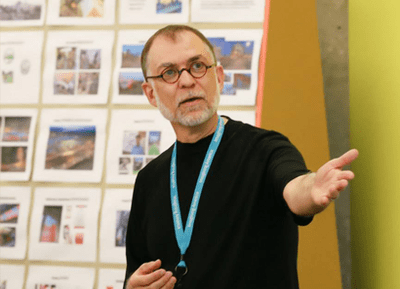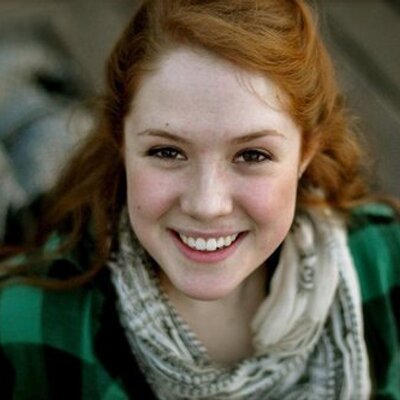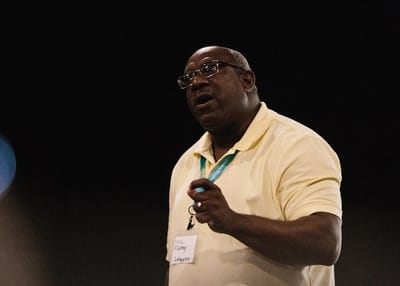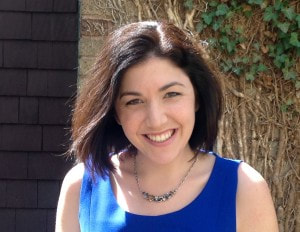PERFORMING OUR FUTURE:
R E S E A R C H
2014 - present
A team of Lafayette College economists and their students began working with Appalshop in the summer of 2014 to identify and map the organization’s assets, as well as to identify and test entrepreneurial strategies for wealth creation. Since then, in related research, Lafayette economist Fluney Hutchinson, Cornell sociologist Scott Peters, filmmaker Holly Zahn, and former IA Interim Assistant Director Jamie Haft have investigated together how Appalshop’s Culture Hub and, more broadly, artists and arts organizations can help communities tap their rich cultural assets for economic and civic development.
R E S E A R C H D E S I G N & p L A N
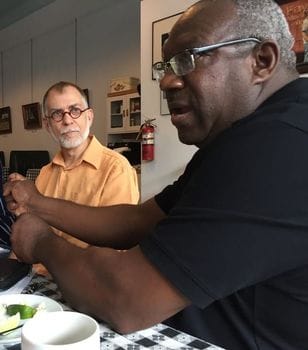 Scott Peters and Gladstone "Fluney" Hutchinson
Scott Peters and Gladstone "Fluney" Hutchinson
by Scott Peters and Fluney Hutchinson, February 2016
Performing Our Future (POF) can be viewed as a theory of change:
• The work of interweaving two development paradigms—one from community arts and the other from agency- and asset-centered economics—can help struggling communities break out of bounded imaginations about their identity and potential. In doing so, it can identify and awaken latent assets that can enliven and enrich not only a place’s economy but also its civic life and culture.
In Eastern Kentucky, this theory of change is being tested through a relationship between Appalshop and Lafayette College’s Economic Empowerment & Global Learning Project (EEGLP). In the process, we think something is happening that can be instructive for other struggling communities, and for scholars, artists, funders, policy makers, and government agency staff. The main goal of our research is to understand and make sense of what is happening, including what is being learned by POF participants. Through our research we seek to contribute to conversations about development in academic fields and literatures, government, and philanthropic institutions. Through both the research process and products, we also seek to contribute in useful ways to the work on the ground in Eastern Kentucky. Our intention is to use this research to inform a larger and longer initiative with partners in other locations.
We propose to take a narrative orientation to our study of what is happening and what is being learned through Appalshop’s and EEGLP’s relationship and work. As we inquire into what’s happening, what we’ll be trying to find out is, What’s the story? There are, of course, many stories to be told. A narrative orientation requires us to see the world as being richly storied in multiple, diverse, and often conflicting ways. People tell and re-tell stories and narratives of themselves and their organizations and communities. They also re-story themselves and their organizations, communities and world, producing counter-narratives to dominant “master” or meta-narratives. The value of this re-storying process is central to the theory of change POF’s creators and participants are testing.
As we use narrative methods to elicit and construct stories of POF participants’ experience and work, we’ll be looking for backstories; origins and influences; plots and sub-plots; surprises; uncertainties; puzzles; breakthroughs and epiphanies; truths; push back; resistance; disagreement; key moments and turning points; hope and joy; despair and sorrow; comedy and drama; dynamics of power and interests; missing voices and characters; active verbs; front, back, and off stage action. And more. We’ll keep things relatively open at first, in order to allow room for people to tell stories the ways they want to tell them. As we construct stories we will read them individually and in small groups, asking what strikes us as being interesting and important, surprising or disturbing, puzzling or confusing, and the like. We’ll also generate and pose questions we think the stories might be able to answer, including the ones we generated at our January meeting at Lafayette (e.g., How can our communities develop the
ability to tell stories that imagine, and create, a new reality?).
Performing Our Future (POF) can be viewed as a theory of change:
• The work of interweaving two development paradigms—one from community arts and the other from agency- and asset-centered economics—can help struggling communities break out of bounded imaginations about their identity and potential. In doing so, it can identify and awaken latent assets that can enliven and enrich not only a place’s economy but also its civic life and culture.
In Eastern Kentucky, this theory of change is being tested through a relationship between Appalshop and Lafayette College’s Economic Empowerment & Global Learning Project (EEGLP). In the process, we think something is happening that can be instructive for other struggling communities, and for scholars, artists, funders, policy makers, and government agency staff. The main goal of our research is to understand and make sense of what is happening, including what is being learned by POF participants. Through our research we seek to contribute to conversations about development in academic fields and literatures, government, and philanthropic institutions. Through both the research process and products, we also seek to contribute in useful ways to the work on the ground in Eastern Kentucky. Our intention is to use this research to inform a larger and longer initiative with partners in other locations.
We propose to take a narrative orientation to our study of what is happening and what is being learned through Appalshop’s and EEGLP’s relationship and work. As we inquire into what’s happening, what we’ll be trying to find out is, What’s the story? There are, of course, many stories to be told. A narrative orientation requires us to see the world as being richly storied in multiple, diverse, and often conflicting ways. People tell and re-tell stories and narratives of themselves and their organizations and communities. They also re-story themselves and their organizations, communities and world, producing counter-narratives to dominant “master” or meta-narratives. The value of this re-storying process is central to the theory of change POF’s creators and participants are testing.
As we use narrative methods to elicit and construct stories of POF participants’ experience and work, we’ll be looking for backstories; origins and influences; plots and sub-plots; surprises; uncertainties; puzzles; breakthroughs and epiphanies; truths; push back; resistance; disagreement; key moments and turning points; hope and joy; despair and sorrow; comedy and drama; dynamics of power and interests; missing voices and characters; active verbs; front, back, and off stage action. And more. We’ll keep things relatively open at first, in order to allow room for people to tell stories the ways they want to tell them. As we construct stories we will read them individually and in small groups, asking what strikes us as being interesting and important, surprising or disturbing, puzzling or confusing, and the like. We’ll also generate and pose questions we think the stories might be able to answer, including the ones we generated at our January meeting at Lafayette (e.g., How can our communities develop the
ability to tell stories that imagine, and create, a new reality?).
